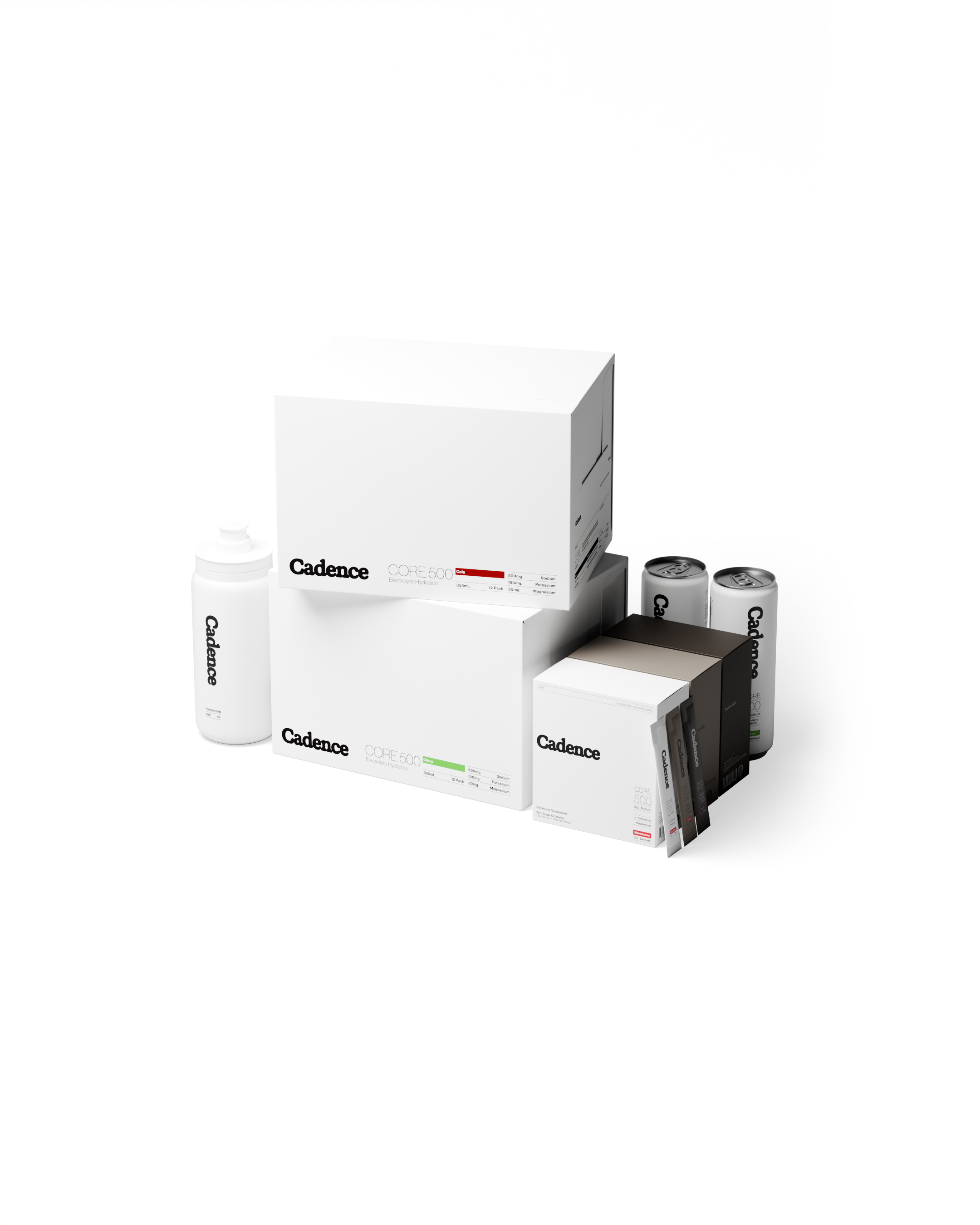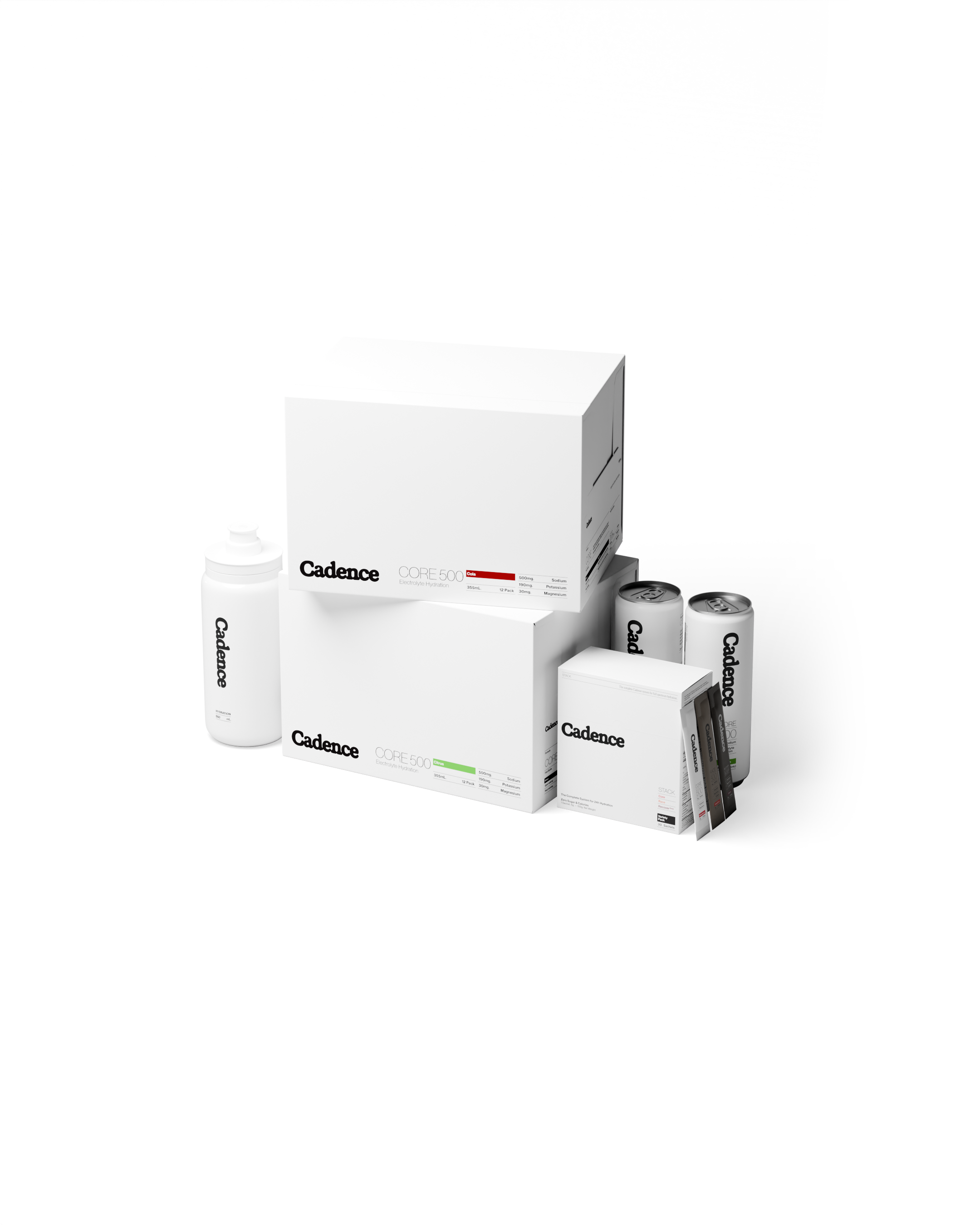Introduction
Vitamin B6 (pyridoxine), plays a key role in neurotransmitter synthesis, particularly in the conversion of tryptophan to serotonin. This process is required for maintaining mood stability, promoting healthy sleep patterns, and supporting overall wellbeing.
The importance of vitamin B6 in neurotransmitter synthesis was first recognised in the mid-20th century when studies highlighted its role as a cofactor in the production of serotonin from tryptophan. More recent research has further supported this relationship, demonstrating that adequate levels of vitamin B6 can promote normal serotonin production, thereby potentially improving mood and sleep quality.
This article will dig into the research around Vitamin B6, presenting the mechanisms by which it has an effect on the body and mind. It will also present some dietary sources of vitamin B6 to ensure that you’re getting enough in your diet.
Vitamin B6 Mood & Bodily Function Research
One 2016 study found that individuals with vitamin B6 deficiencies were highly correlated with negative mood (Bird et al., 2016). Another study from 2021 has highlighted the synergistic relationship and effects of vitamin B6 and magnesium in reducing symptoms of depression and anxiety (Noah et al., 2021). These findings display the importance of maintaining sufficient vitamin B6 levels to support better mood.
Beyond the effects of mood as a result of promoting normal neurotransmitter synthesis, vitamin B6 has also shown to be vital for various bodily functions which contribute to overall health. It is required for amino acid metabolism, which supports muscle growth and repair. Additionally, vitamin B6 facilitates the production of hemoglobin, which is required for oxygen transport in the blood, also supporting immune function by promoting normal production of antibodies. Research has found that higher vitamin B6 intake may be associated with lower levels of inflammation markers in the body (Bird, 2018). Another study demonstrated that vitamin B6 supplementation (in addition to B9 and B12) could help lower homocysteine levels, which may reduce the risk of negative health implications (Kataria et al., 2021).
Vitamin B6 & Serotonin
Serotonin is a neurotransmitter derived from tryptophan. It relies on vitamin B6 as a cofactor for its production. A deficiency in vitamin B6 may lead to reduced serotonin levels, which in turn affects mood and sleep regulation (Kennedy, 2016). Kennedy’s (2016) review found that vitamin B6 deficiency may be associated with a 40% reduction in serotonin synthesis. Furthermore, another study demonstrated that participants with low vitamin B6 levels reported a 30% increase in sleep disturbances compared to those with adequate levels (Adventure-Heart et al., 2018).
Vitamin B6 - Dietary Sources
To achieve an efficacious dose of 14 mg of vitamin B6 from dietary sources, you would need to consume large amounts of individual foods. For example, 13 cups of chickpeas, 42 ounces of tuna, or 84 ounces of cooked chicken breast. A varied diet including several of these sources can help meet the daily requirement of vitamin B6 more easily.
A daily dose of 14 mg of vitamin B6 is generally considered safe for most adults. The Recommended Nutrient Intake (RNI) for vitamin B6 in the United Kingdom is 1.4 mg per day for men and 1.2 mg per day for women. It's important to note that the upper limit for vitamin B6 intake is 100 mg per day for adults. Consuming 14 mg is well within this limit and unlikely to cause any adverse effects. However, it's always advisable to consult with a healthcare professional before significantly increasing your intake of any vitamin or supplement.
See below for a roundup of foods known to be high in vitamin B6 and their quantities of vitamin B6:
- Chickpeas, canned, 1 cup = 1.1mg
- Beef liver, pan fried, 3 ounces = 0.9mg
- Tuna, yellowfin, fresh, cooked, 3 ounces = 0.9mg
- Salmon, sockeye, cooked, 3 ounces = 0.6mg
- Chicken breast, 3 ounces = 0.5mg
- Potatoes, boiled, 1 cup = 0.4mg
- Turkey, meat only, roasted, 3 ounces = 0.4mg
- Banana, 1 medium = 0.4mg
- Bulgur, cooked, 1 cup = 0.2mg
- Cottage cheese, 1% low fat, 1 cup = 0.2mg
- Nuts, mixed, dry roasted, 1 ounce = 0.1mg
- Raisins, seedless, ½ cup = 0.1mg
- Onions, chopped, ½ cup = 0.1mg
- Spinach, boiled, ½ cup = 0.1mg
- Watermelon, raw, 1 cup = 0.1mg
Conclusion
To conclude, vitamin B6 plays a key role in both neurotransmitter synthesis and overall bodily function, particularly in the production of serotonin, which affects mood and sleep regulation. Research has highlighted the importance of maintaining sufficient levels of this vitamin to support mental state, immune function, and muscle health.
Whilst you're here, be sure to take a look at our Sleep Hydration Sachets, which contain 14mg of Vitamin B6 per serving, as well as other sleep aid ingredients such as L-Tryptophan, Ashwagandha, L-Glycine, Magnesium, Zinc, Valerian Root Extract and L-Theanine. If you would like to sample our full range of electrolyte sachets, be sure to explore our variety pack of hydration sticks.
Frequently Asked Questions (FAQs)
What are the key benefits of getting enough Vitamin B6?
Vitamin B6 plays a key role in the synthesis of serotonin from tryptophan, a neurotransmitter which regulates mood and sleep patterns. Ensuring that you have adequate levels of vitamin B6 can help maintain normal serotonin production.
How does Vitamin B6 deficiency affect the body?
A deficiency in vitamin B6 may lead to reductions in serotonin levels, which may impact mood and sleep. It can also affect the body’s amino acid metabolism which may impair muscle repair and growth, as well as decreasing haemoglobin production which is required for oxygen transport in the body. Low vitamin B6 levels have also been associated with higher homocysteine levels.
What are some dietary sources of Vitamin B6?
Good dietary sources of vitamin B6 include chickpeas, tuna, chicken breast, beef liver and salmon.
Is it safe to take Vitamin B6 supplements?
The upper limit of daily intake of vitamin B6 is understood to be 100mg per day. Taking vitamin B6 supplements with quantities below this (taking into account your normal dietary intake) is generally considered to be safe.
References
Bird, J. K., Murphy, R. A., Ciappio, E. D., & McBurney, M. I. (2017). Risk of Deficiency in Multiple Concurrent Micronutrients in Children and Adults in the United States. Nutrients, 9(7), 655. https://doi.org/10.3390/nu9070655
Noah, L., Dye, L., Bois De Fer, B., Mazur, A., Pickering, G., & Pouteau, E. (2021). Effect of magnesium and vitamin B6 supplementation on mental health and quality of life in stressed healthy adults: Post-hoc analysis of a randomised controlled trial. Stress and health : journal of the International Society for the Investigation of Stress, 37(5), 1000–1009. https://doi.org/10.1002/smi.3051
Bird R. P. (2018). The Emerging Role of Vitamin B6 in Inflammation and Carcinogenesis. Advances in food and nutrition research, 83, 151–194. https://doi.org/10.1016/bs.afnr.2017.11.004
Kataria, N., Yadav, P., Kumar, R., Kumar, N., Singh, M., Kant, R., & Kalyani, V. (2021). Effect of Vitamin B6, B9, and B12 Supplementation on Homocysteine Level and Cardiovascular Outcomes in Stroke Patients: A Meta-Analysis of Randomized Controlled Trials. Cureus, 13(5), e14958. https://doi.org/10.7759/cureus.14958
Kennedy D. O. (2016). B Vitamins and the Brain: Mechanisms, Dose and Efficacy--A Review. Nutrients, 8(2), 68. https://doi.org/10.3390/nu8020068
Adventure-Heart, D. J., Madden, N. A., & Delfabbro, P. (2018). Effects of Vitamin B6 (Pyridoxine) and a B Complex Preparation on Dreaming and Sleep. Perceptual and motor skills, 125(3), 451–462. https://doi.org/10.1177/0031512518770326
